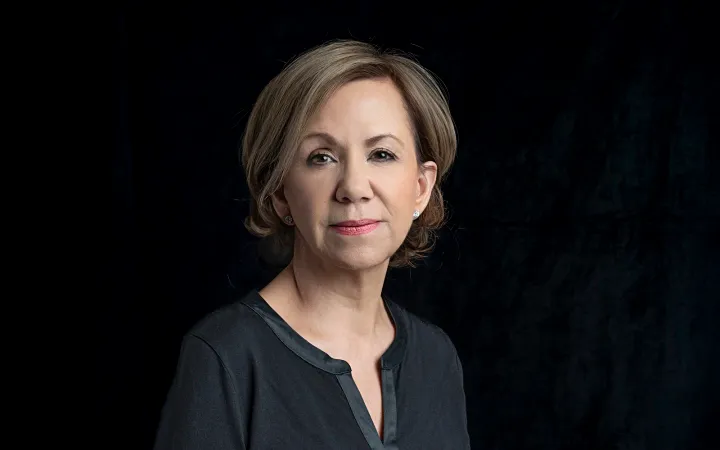
Por Stephanie Henaro

Otra vez India vuelve a acaparar los reflectores del mundo, pero ahora no es por el dominio del espacio, sino por el paraíso de las drogas en el que se ha convertido.
Ahora ya no solamente aparecen México y China en la mira cuando se trata de acabar con la redes que hacen posible que el fentanilo acabe con la vida de miles de estadounidenses, porque la India ha entrado a la ecuación, y esto en lugar de ayudar a despejarla, la complica más.
La conexión con el país actualmente dirigido por Narendra Modi data del 2018, cuando se descubrió que el Cártel de Sinaloa tenía a Jorge Solís como representante en aquel país y que este conectaba a su organización con los fabricantes de precursores de esta droga.
De acuerdo con una nota publicada en el periódico Hindustan Times, Mohammad Sadiq, un reconocido académico de la Universidad Davi Ahilya y su cómplice Manu Gupta, sintetizaban dosis de fentanilo que enviaban a México y Estados Unidos en un laboratorio clandestino que tenían en el primer piso de un edificio ubicado en la ciudad de Indore, en el centro de la India.
Cuando las autoridades de ese país los descubrieron, gracias a una llamada anónima que recibieron desde México, hallaron 11 kilos de fentanilo en el laboratorio clandestino, que con la “receta” del académico hubiera matado a 5 millones de personas.
Tres años después, en el 2021, la DEA reportó en un informe de riesgos nacionales que la mafia india comenzaba a competir y a desplazar a las chinas, como consecuencia del cierre de fronteras que China tuvo durante los inicios de la pandemia del COVID-19.
India es un paraíso para cualquier capo. Carece de una normatividad local acerca de la producción, venta, distribución y uso interno del fentanilo y los precursores del mismo. Además de que tiene autoridades corruptibles, instituciones débiles y puertos conectados a todo el mundo con rutas probadas.
Esto dificulta que las autoridades puedan tener, al menos en este momento, datos más precisos sobre qué cantidades de precursores y fentanilo salen del país de manera lícita y a través del narcotráfico. Porque el intenso ritmo diario permite que los cargamentos más importantes se confundan entre los menos relevantes.
De acuerdo con la ONU, India es la nueva amenaza mundial de fentanilo en alianza con los cárteles más importantes de México. Ahora la mafia de Mumbai o la Compañía D son los suministradores de precursores químicos.
La Compañía D es el nombre que los medios locales le dieron a la mafia de Mumbai en relación a su líder, Dawood Ibrahim, que en el 2011 apareció en la lista de los 10 fugitivos más buscados por el FBI.
Se sabe que la organización criminal opera desde los años setenta y que cuando Bollywood estaba de capa caída y los bancos indios no querían prestar su dinero para financiar las cada vez más caras producciones y sueldos de las estrellas, Dawood Ibrahim se convirtió en el mecenas del cine indio. A la vez que financió y apoyó logísticamente varios de los atentados de Al Qaeda en varios lugares del mundo, además de intentar desestabilizar a la India con su apoyo a grupos terroristas y radicales musulmanes. Supuestamente a cambio de ello, Pakistán le brinda protección y le permite llevar una vida sin privaciones cerca de la propia capital del país.
Todo esto mientras las cargas de fentanilo llegan a los puertos de Lázaro Cárdenas y Manzanillo, y nosotros -otra vez- estamos hablando de la India.
El último en salir, apague la luz.
Las opiniones expresadas son responsabilidad de sus autoras y son absolutamente independientes a la postura y línea editorial de Opinión 51.
Más de 150 opiniones a través de 100 columnistas te esperan por menos de un libro al mes.






Comments ()